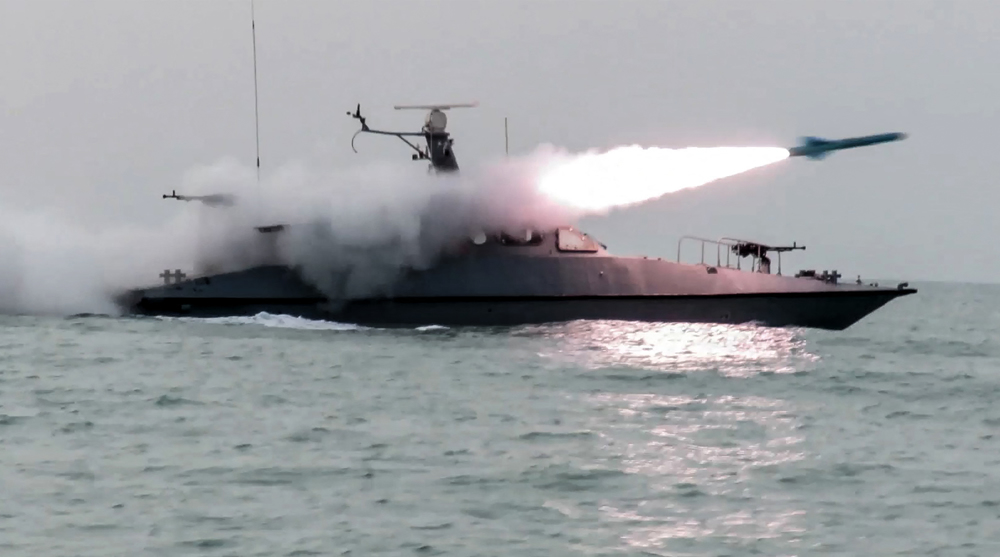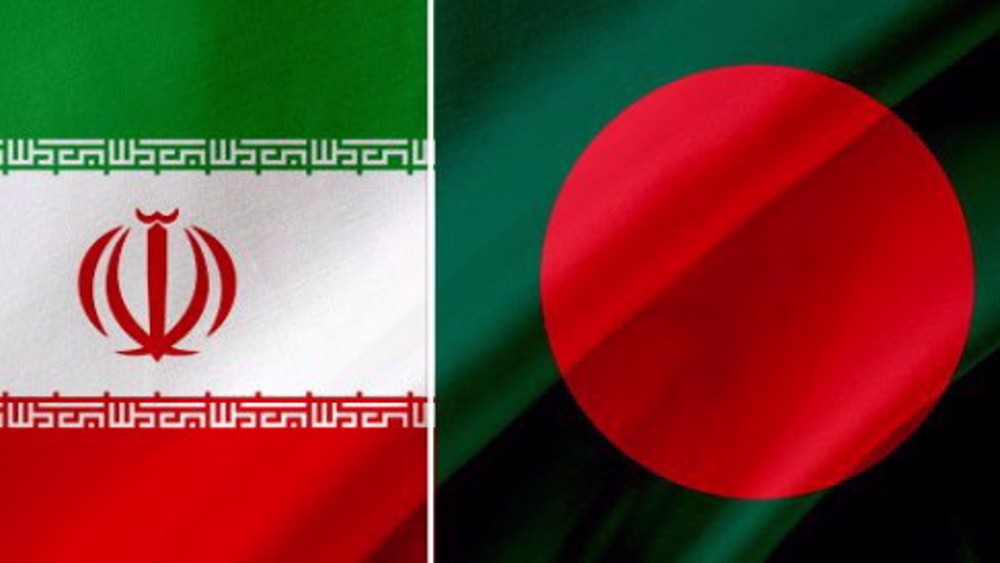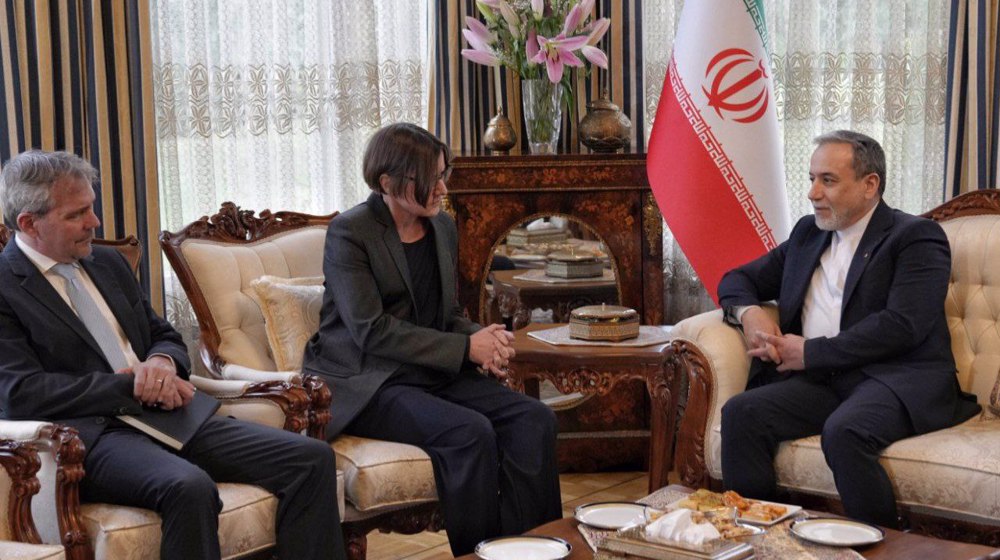Houthis' withdrawal from key Yemeni ports prelude to final solution: Iran
Iran has hailed the unilateral withdrawal of Houthi forces from key ports of Yemen’s western province of Hudaydah, once again reaffirming the Islamic Republic's support for the Stockholm agreement.
Iranian Foreign Ministry Spokesman Abbas Moussavi on Monday said the unilateral withdrawal of the military forces of the Ansarullah-led government, known as the National Salvation Government of the Republic of Yemen, from the ports of Hudaydah, Ras Isa and Salif was a constructive move.
He added that the implementation of the Stockholm agreement would pave the way for achieving a political, inclusive and final solution to the Yemeni crisis.
The United Nations said on Sunday that the withdrawal of Houthi forces from the three key ports in Yemen is proceeding “in accordance with established plans” for a second day, as the Saud-backed former government still refuses to pull out its besieging forces from Hudaydah in line with an accord the two sides reached in Sweden last year.
Yemen’s Houthi Ansarullah movement is in control of the ports, which have been under a tight siege by the country’s former Saudi-backed government, led by ex-president Abd Rabbuh Mansur Hadi, since June last year.
In December 2018, representatives from the Houthi Ansarullah movement and the Riyadh-sponsored government of Hadi reached the truce deal during UN-mediated peace talks in Sweden.
Under the deal, they agreed on the withdrawal of their troops and the deployment of UN monitors to Hudaydah, a lifeline for millions of Yemenis.
Elsewhere in his remarks, the Iranian spokesperson said, "The Sana’a government’s move to save the Stockholm deal signifies the Yemeni National Salvation Government’s determination and commitment to dialog and honoring its obligations on the one hand, and indicates the Saudi-backed coalition’s obstructionism and lack of commitment to this agreement on the other hand."
Moussavi pointed to many acts of obstructionism by forces backed by the Saudi-Emirati coalition and said, "The United Nations and influential countries must exert pressure on the coalition to live up to its obligations and stop its acts of obstructionism aimed at halting the implementation of the Stockholm agreement.”
Leading a coalition of its allies, Saudi Arabia invaded Yemen in March 2015 in an attempt to reinstall Hadi, who had resigned amid popular discontent and fled to Riyadh, and to crush the Houthi Ansarullah movement, which has been significantly helping the Yemeni army against a Saudi-led military coalition for the past four years.
The imposed war initially consisted of an aerial campaign, but was later coupled with a naval blockade and the deployment of ground mercenaries to Yemen. Furthermore, armed militia forces loyal to Hadi, in line with invaders, launch frequent attacks against Yemeni people in regions held by Houthis.
The aggression is estimated to have left 56,000 Yemenis dead.
Late in April, Iran dismissed US Secretary of State Mike Pompeo’s claims of Tehran’s negative role in the implementation of a ceasefire deal between Yemen’s warring sides in the port city of Hudaydah, saying Washington’s “blame game” is meant to cover up the Saudi-Emirati crimes in the war-torn country.
The Iranian Foreign Ministry spokesman said that the US secretary of state’s accusations were aimed at covering the crimes being committed by Saudi Arabia and the United Arab Emirates in the war on Yemen and the pair’s attempts to hinder the Stockholm agreement.
Read more:
- US support for aggressors triggers humanitarian catastrophe in Yemen: Iran
- Houthis begin unilateral withdrawal from Hudaydah ports
- Houthis warn Saudi Arabia, UAE: Strategic spots within reach
- Warring sides in Yemen agree on ‘Phase 1’ of redeploying forces in Hudaydah: UN
- World responsible for ending human catastrophe in Yemen: Iran
Switzerland weighs European option as Patriot delivery stalls
VIDEO | Press TV's news headlines
VIDEO | Another Gaza medic dies in Israeli custody
VIDEO | Hezbollah says prepared to defend Lebanon, does not seek war
VIDEO | Celebrations held across China to welcome New Year
VIDEO | Mexico’s historic battle reenactment draws over 200,000 visitors
'ICE-style enforcement': nearly 70 groups slam EU migration policy
Araghchi holds key meetings in Geneva ahead of indirect Talks with US













 This makes it easy to access the Press TV website
This makes it easy to access the Press TV website